220
Why in Soviet times everyone read a lot, but now this habit is almost forgotten
My grandmother used to say that she came from "the most read country in the world." I often read that young people do not value literature at all. She often made me read. Soviet writersThere was plenty of foreign literature in her collection. For which, as she told me with brilliant eyes, it took weeks to collect waste paper just to get the coveted ticket. For example, the mysterious island. Jules Verne for money was not to buy, and in the libraries to take to read too – queues were six months!
I want to tell you the story of my late grandmother about how the most illiterate country became the “most reading country in the world” and back again. Why did you have to collect waste paper? And what the genius was. plan? And, of course, about how my family accidentally lost a fortune when we decided to just give these grandmother’s books in good hands.
What secret is kept by books of Soviet writers
In 1950, a group of independent experts conducted an interesting international study: which country in the world reads the most? And I came to an interesting conclusion. While the leaders in this field (British, French and Americans) on average spent on reading up to 6 hours a week, the citizens of the USSR spent 11 books, which is almost twice as much.
But few people know that 20 years before that, Comrade Stalin himself First All-Union Conference The USSR lags behind the leading countries by 50-100 years. First of all, the problem was the overwhelming illiteracy of the population. A special body was even created to combat illiteracy, and it was called from Gramcek. Through his efforts (by means of fines and criminal liability) the government still seated the working class at the desks. But it didn't solve the problem!

After a few years of such a program, it became clear that after completing the training, 40% of people forgot literacy after a very short period of time. Because what? Because you didn't. Nadezhda Krupskaya turned her gaze to this, through the efforts of which in the 1930s a devastating series of articles about the real cultural poverty raging in the country was published. The reason for this is the lack of a decent network of libraries.
The number of publishing houses and the size of circulations grew, the budget for them – too, but, ironically, the library network did not change, and in many villages such a place as a library simply did not exist! And even where they were, managers often gave space for other needs, because they were empty - no one wanted to read. The situation was miserable, to say the least.
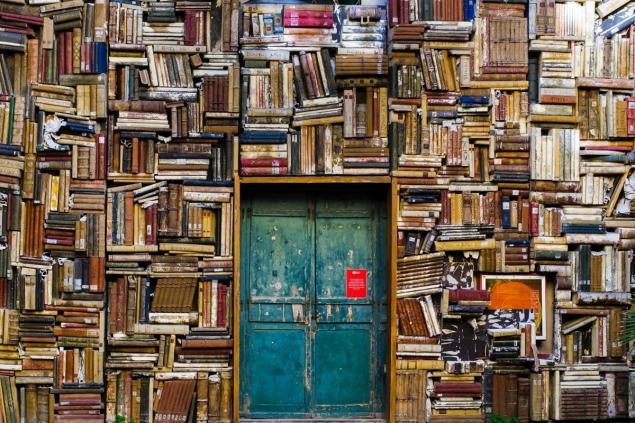
Unsplash Nadezhda Krupskaya, although she was in a strained relationship with Stalin, achieved that literary insufficiency became publicity. Still, Krupskaya was Lenin’s wife, and could afford criticism and arbitrariness. And in the next few years, the USSR turned their illiterate into the most read.
First, the library network was expanded, and each small village now had a reading room. And where it was impossible to ensure this, red corners were installed - places of rest where you could take a book and read. In the canteens, in the workshops, in the production. Now libraries and reading rooms were everywhere, and it was forbidden to give them away for other purposes. Thus, Nadezhda Krupskaya prepared the stage of a large theater, where the Goskomizdat acted in the role of recognized geniuses in tandem with union.
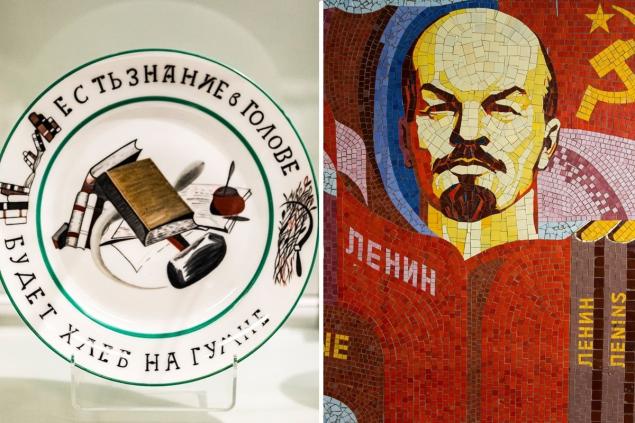
Is it not genius to create a shortage of “the most interesting and valuable books” to increase demand for them? But wait, it's not interesting. It is better to ensure that these books of Soviet writers are not only in short supply, but that they can be purchased only on a special score system.
Soyuzvetresresource just came up with such a scheme of points. This happened in the postwar period, when every penny was important to the country. And everyone knows that using secondary raw materials is much cheaper than fresh. So it turns out that it was necessary to activate citizens so that these raw materials could be efficiently collected throughout the country.
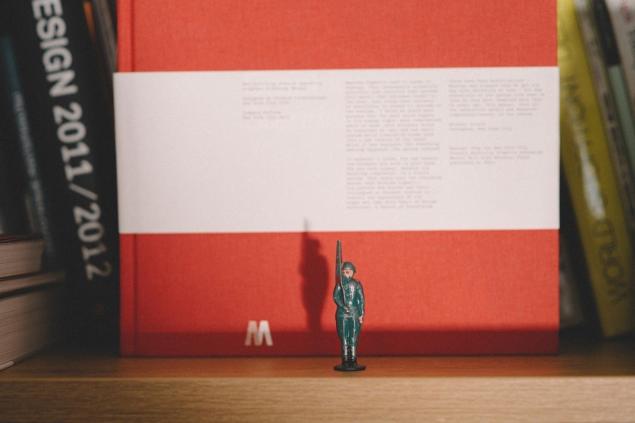
Unsplash
This is the most read country in the world. coupons They bought those rare books of Soviet writers, and sometimes foreign ones, which were deliberately kept in great deficit by publishing houses. The stamps were equated to securities, so from now on, queues were lined up for the delivery of waste paper. Now it has become a real competition.
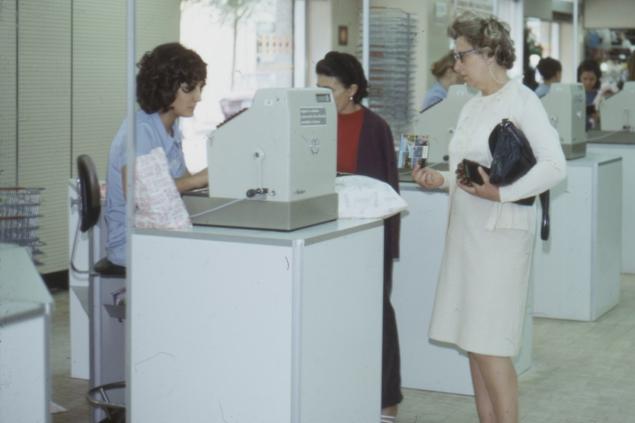
Unsplash List Every Year prizebook changed. For example, in 1981 they were the stories of G. Chesterton, “Cursed Kings” by M. Druon, the collection of M. Zoshchenko and, of course, A. Dumas “Black Tulip”. Dumas, by the way, in the Goskomizdat was very much loved, and some of his works almost necessarily fell into the list for the next year. In the eighties, the list greatly expanded, it contained up to ten books, including children's fairy tales of both Soviet and foreign writers.
By then, the Union had already become the "most read" and the government had no intention of giving up. The lists were created according to the following criterion: the historical genre with a drop of classics and a cherry on the cake in the form of fiction from the same R. Bradbury prevailed. Of course, it was not without openly propagandistic texts, but children's fairy tales were sometimes remembered.
Why do people read so little now? How much do I know of people who collect books nowadays? Two or three people. In the past, every family had a collection. At least two cabinets were given under the books. One always stood in the living room, the other where you have, at least on the loggia, at least in the nursery. A little later, the books of that period moved to damp and dark cellars. How many generations of rats have been fed high-quality Soviet literature. The same would have happened to my grandmother’s books.
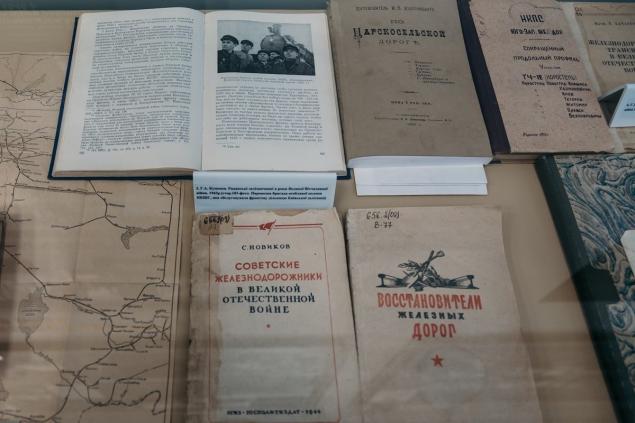
When she passed away, all the family did was sort books all day long. She met not just series, but duplicates of series of encyclopedias. There was a lot of music literature, as my grandmother was a teacher at a music school. As a result, his father persuaded his mother to give away most of these books, and he decided to sort himself.
In general, in order not to languish for a long time, it turned out that not only the rarest complete collections of encyclopedias fell into good hands. But also some valuable manuscripts. composer ShestakovicA student who was my late grandfather. It is frightening to imagine how valuable these works are today. My mother was inconsolable, but it was too late to return the books with the maestro’s handwritten comments – we moved.
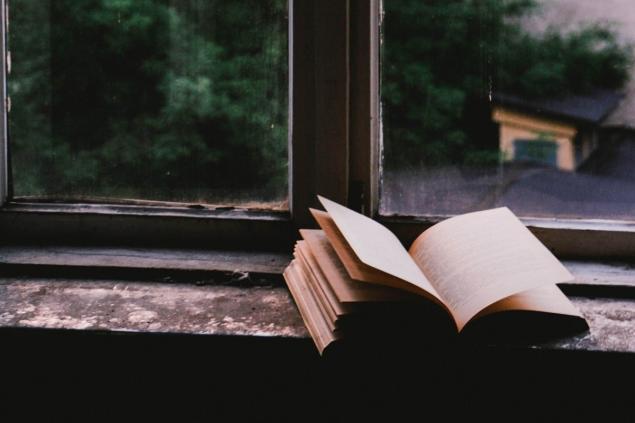
Unsplash Dad justifies his actions as follows: notebook There's a whole library, and your eyes aren't so tired. I didn’t think that old books would ever be useful. People don’t buy live books, but that doesn’t mean they don’t read them. Reading. It’s just not that much and probably not 11 hours a week. There are no government programs that can motivate people to read. What do you think? Are we reading more or less of the old ones?
I want to tell you the story of my late grandmother about how the most illiterate country became the “most reading country in the world” and back again. Why did you have to collect waste paper? And what the genius was. plan? And, of course, about how my family accidentally lost a fortune when we decided to just give these grandmother’s books in good hands.
What secret is kept by books of Soviet writers

In 1950, a group of independent experts conducted an interesting international study: which country in the world reads the most? And I came to an interesting conclusion. While the leaders in this field (British, French and Americans) on average spent on reading up to 6 hours a week, the citizens of the USSR spent 11 books, which is almost twice as much.
But few people know that 20 years before that, Comrade Stalin himself First All-Union Conference The USSR lags behind the leading countries by 50-100 years. First of all, the problem was the overwhelming illiteracy of the population. A special body was even created to combat illiteracy, and it was called from Gramcek. Through his efforts (by means of fines and criminal liability) the government still seated the working class at the desks. But it didn't solve the problem!

After a few years of such a program, it became clear that after completing the training, 40% of people forgot literacy after a very short period of time. Because what? Because you didn't. Nadezhda Krupskaya turned her gaze to this, through the efforts of which in the 1930s a devastating series of articles about the real cultural poverty raging in the country was published. The reason for this is the lack of a decent network of libraries.
The number of publishing houses and the size of circulations grew, the budget for them – too, but, ironically, the library network did not change, and in many villages such a place as a library simply did not exist! And even where they were, managers often gave space for other needs, because they were empty - no one wanted to read. The situation was miserable, to say the least.

Unsplash Nadezhda Krupskaya, although she was in a strained relationship with Stalin, achieved that literary insufficiency became publicity. Still, Krupskaya was Lenin’s wife, and could afford criticism and arbitrariness. And in the next few years, the USSR turned their illiterate into the most read.
First, the library network was expanded, and each small village now had a reading room. And where it was impossible to ensure this, red corners were installed - places of rest where you could take a book and read. In the canteens, in the workshops, in the production. Now libraries and reading rooms were everywhere, and it was forbidden to give them away for other purposes. Thus, Nadezhda Krupskaya prepared the stage of a large theater, where the Goskomizdat acted in the role of recognized geniuses in tandem with union.

Is it not genius to create a shortage of “the most interesting and valuable books” to increase demand for them? But wait, it's not interesting. It is better to ensure that these books of Soviet writers are not only in short supply, but that they can be purchased only on a special score system.
Soyuzvetresresource just came up with such a scheme of points. This happened in the postwar period, when every penny was important to the country. And everyone knows that using secondary raw materials is much cheaper than fresh. So it turns out that it was necessary to activate citizens so that these raw materials could be efficiently collected throughout the country.

Unsplash
- Metal Schools were engaged - on Saturdays, children collected all sorts of iron in the backyard, after which they were taken out by a car. Metal was the responsibility of the pioneers.
- Glass-tare hanged on ordinary citizens. First, in many places without empty containers, new ones were not sold. Secondly, alcoholics and poor people reported the glass containers that ordinary citizens reported lazy.
- Here. paperwork This is an example of shooting two birds at the same time. The value of paper was (and still is) so low that for three pennies no one will carry pounds of cardboard. Therefore, a special currency was invented - coupons for 1, 3, 5, 10 and 20 kg. This system has only worked properly since 1974.
This is the most read country in the world. coupons They bought those rare books of Soviet writers, and sometimes foreign ones, which were deliberately kept in great deficit by publishing houses. The stamps were equated to securities, so from now on, queues were lined up for the delivery of waste paper. Now it has become a real competition.

Unsplash List Every Year prizebook changed. For example, in 1981 they were the stories of G. Chesterton, “Cursed Kings” by M. Druon, the collection of M. Zoshchenko and, of course, A. Dumas “Black Tulip”. Dumas, by the way, in the Goskomizdat was very much loved, and some of his works almost necessarily fell into the list for the next year. In the eighties, the list greatly expanded, it contained up to ten books, including children's fairy tales of both Soviet and foreign writers.
By then, the Union had already become the "most read" and the government had no intention of giving up. The lists were created according to the following criterion: the historical genre with a drop of classics and a cherry on the cake in the form of fiction from the same R. Bradbury prevailed. Of course, it was not without openly propagandistic texts, but children's fairy tales were sometimes remembered.
Why do people read so little now? How much do I know of people who collect books nowadays? Two or three people. In the past, every family had a collection. At least two cabinets were given under the books. One always stood in the living room, the other where you have, at least on the loggia, at least in the nursery. A little later, the books of that period moved to damp and dark cellars. How many generations of rats have been fed high-quality Soviet literature. The same would have happened to my grandmother’s books.

When she passed away, all the family did was sort books all day long. She met not just series, but duplicates of series of encyclopedias. There was a lot of music literature, as my grandmother was a teacher at a music school. As a result, his father persuaded his mother to give away most of these books, and he decided to sort himself.
In general, in order not to languish for a long time, it turned out that not only the rarest complete collections of encyclopedias fell into good hands. But also some valuable manuscripts. composer ShestakovicA student who was my late grandfather. It is frightening to imagine how valuable these works are today. My mother was inconsolable, but it was too late to return the books with the maestro’s handwritten comments – we moved.

Unsplash Dad justifies his actions as follows: notebook There's a whole library, and your eyes aren't so tired. I didn’t think that old books would ever be useful. People don’t buy live books, but that doesn’t mean they don’t read them. Reading. It’s just not that much and probably not 11 hours a week. There are no government programs that can motivate people to read. What do you think? Are we reading more or less of the old ones?
Sitting and crying at how selfish and soulless my children are, the holidays showed the essence of our family.
The strongest mirror date is approaching this year, use its power to the maximum.























